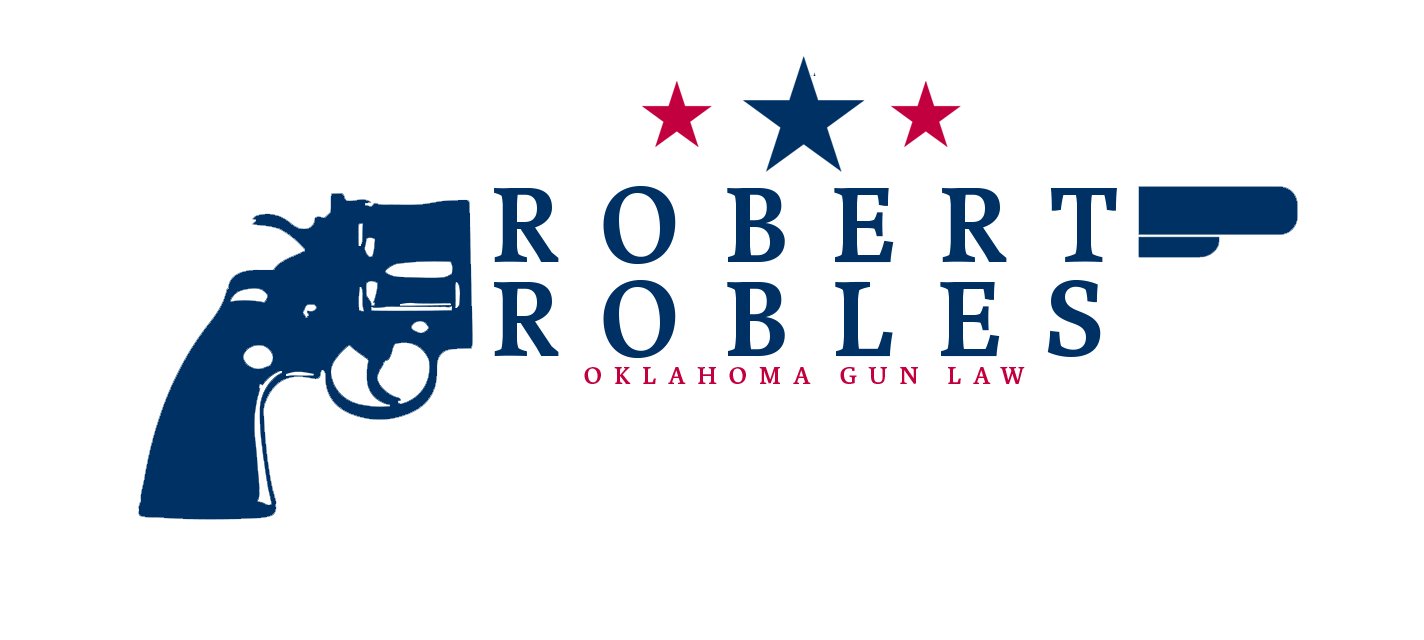Oklahoma’s gun laws are known for their relatively permissive approach to gun ownership, with few restrictions on the types of firearms that can be purchased and carried. However, how do these laws compare to those of other states and at the federal level?
Two key aspect of Oklahoma’s gun laws are constitutional carry (permit-less carry) and the state’s “shall issue” policy for concealed carry permits. Constitutional carry means that if a person qualifies under the law, he/she may carry without a permit. The shall issue policy means: that as long as an individual meets the basic requirements for a concealed carry permit, the state must issue them a permit. In contrast, some other states have a “may issue” policy, which gives law enforcement officials more discretion in deciding whether to issue a concealed carry permit. At the federal level, there is no requirement for a concealed carry permit, but some states may impose their own requirements.
Another important aspect of Oklahoma’s gun laws is the state’s approach to background checks for firearms purchases. All firearms purchases in Oklahoma made through a licensed dealer, must undergo a federal background check conducted by the FBI. This background check includes a search of state and federal databases to ensure the buyer is not prohibited from owning a firearm. In contrast, some other states have laws requiring universal background checks for all firearms purchases, regardless of whether they are made through a licensed dealer. At the federal level, there is a requirement for background checks for all firearms purchases from licensed dealers, but not for private sales or transfers.
In terms of restrictions on the types of firearms that can be purchased and possessed, Oklahoma has some limitations, such as a ban on certain types of fully automatic assault weapons and any firearm that has been modified to be fully automatic. However, these restrictions are not as strict as those in some other states, which may have broader bans on assault weapons or more restrictive definitions of what constitutes an assault weapon. At the federal level, there are also some restrictions on the types of firearms that can be purchased and possessed, but these are generally more limited than those in some states.
Overall, Oklahoma’s gun laws are generally considered to be gun owner friendly compared to those of other states and at the federal level. While there are some restrictions in place, the state generally allows individuals to exercise their Second Amendment rights with few obstacles. It is important for individuals to understand the specific rules and regulations in place in Oklahoma in order to exercise their rights responsibly and legally.


